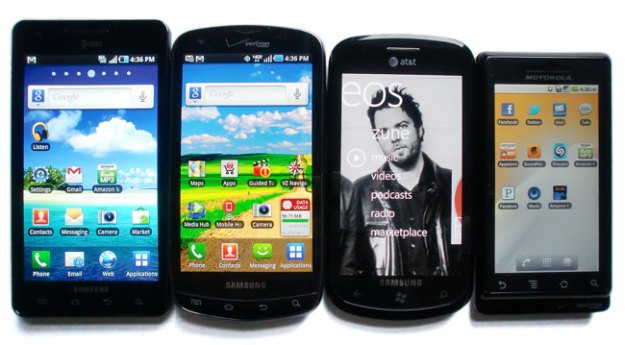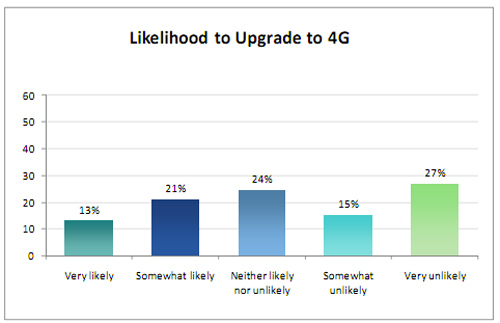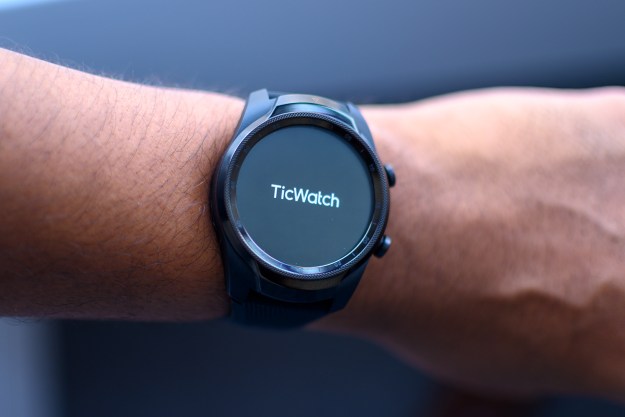
For the wireless industry, 4G has become the hot new thing. Cellular companies are investing billions of dollars to build up their 4G infrastructures, and millions more to advertise their new, far-faster connections to the data-hungry public. Unfortunately, the investment isn’t paying off, at least not yet. According to a new study by Morpace (PDF), 4G plays very little part in most customers’ smartphone buying decisions.
When asked to choose the most important factor when buying a new smartphone, a majority (65 percent) chose price. “Network capabilities” came in second, with 58 percent of the vote, though this option includes both coverage and speed.
When it comes to choosing a carrier, price, once again, was the most often picked answer by the study’s nearly 500 respondents. Coverage ranked second in importance, with 26 percent. When asked whether 4G was an important factor in choosing a carrier, only 4 percent said yes. Of those who took the survey, 18 percent owned a 4G-capable handset, and 58 percent owned 3G devices.

On top of this, only 34 percent said they would be interested in upgrading to a 4G connection, as opposed to 42 percent who said such a step up was unlikely. Some of this may have to do with coverage, as 60 percent of respondents who own 3G smartphones said the 4G availability and reach would play a role in their decision to make the switch.
Another possible explanation for the low enthusiasm for 4G may be that many — but not most — people don’t understand what it is.
“When asked about their perceptions of what 4G is and what the benefits are, over 50 percent of consumers with smartphones identified increased downloading and Internet browsing speeds as significant,” the study says. Still, about 48 percent of people can’t yet identify the primary features of 4G.
Negatives aside, the study found that those who already have 4G are pleased with what they’re getting: 83 percent say they are either “extremely satisfied” or “somewhat satisfied” with their 4G service. Only 2 percent said they were unhappy with 4G.
All of this is fairly unsurprising considering that 4G is still a relatively new technology, and there is yet to be a 4G industry standard. But it does mean that handset makers (like, say, Apple) won’t be in a hurry to rush out 4G devices.
Editors' Recommendations
- Casio’s newest watch fixes the thing most people don’t like about G-Shocks
- 5G vs. 4G: How does the newest network improve on the last?
- LTE vs. 4G: The differences explained
- 4 things I love about the Pixel 4a, and 1 thing I don’t
- Verizon says 5G won’t be that much better than 4G — at first
